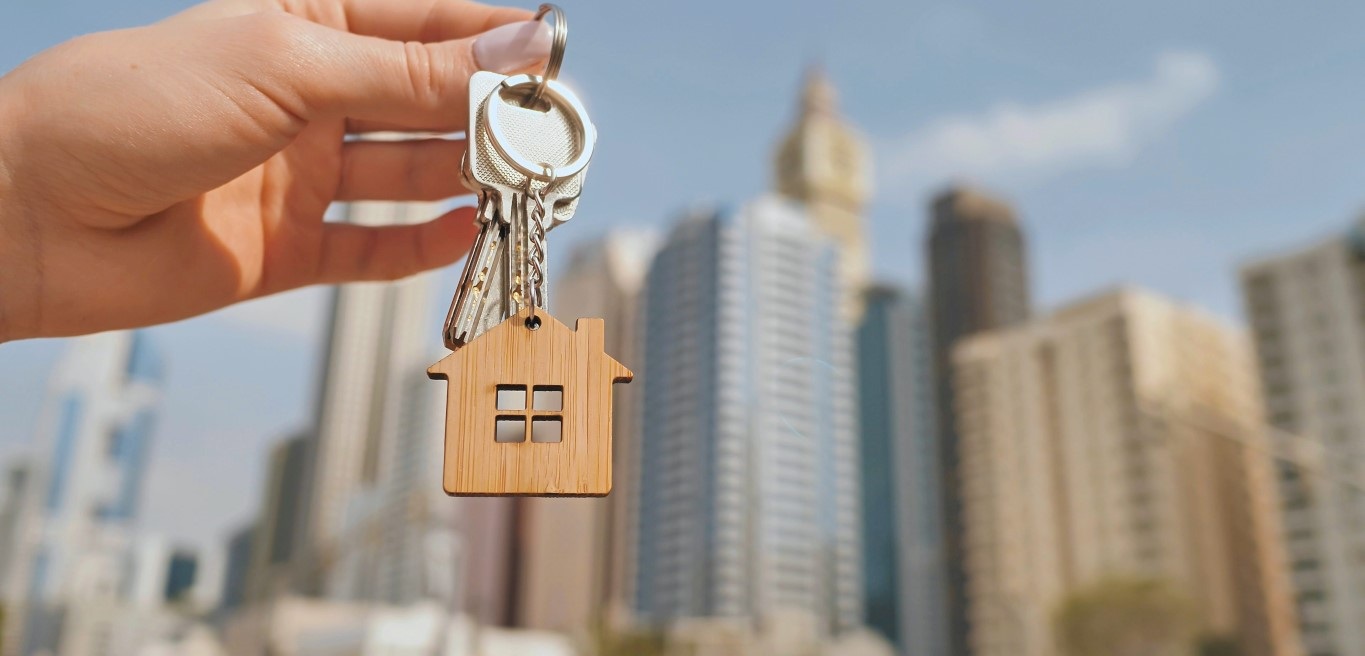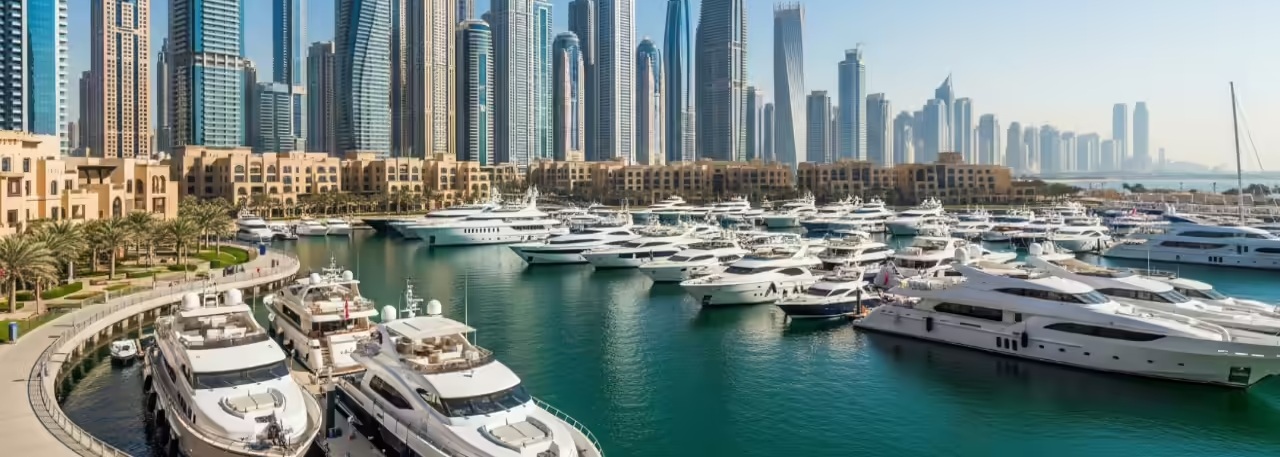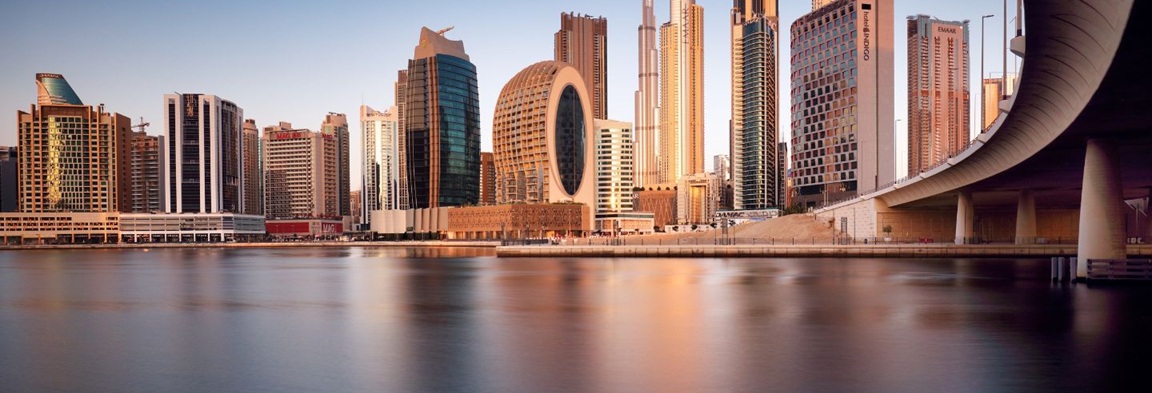UAE Property Investment Guide for First-Time Buyers: What to Know Before You Invest
Sunday, 27 July 2025
Real estate in the UAE—especially Dubai—is rapidly evolving, with new opportunities making it easier than ever for young professionals and first-time investors to enter the market. But as attractive as property investment may sound, it’s crucial to know what to watch out for before taking the leap.
Here’s a comprehensive guide for first-time property investors in the UAE, including how much to save, where to buy, emerging tech like tokenisation, and the risks you need to be aware of.
Table of Contents
- How Much Should You Save?
- Smart Investment Strategy: Start with a Plan
- Where to Buy: Top Picks for First-Time Investors
- Tokenisation & Fractional Ownership: Real Estate from AED 500
- Don’t Forget the Hidden Costs
- Emergency Funds Come First
- The Future of Real Estate Investment in Dubai
- Final Verdict: Traditional or Tokenised?
- Frequently asked questions
How Much Should You Save?
If you’re earning between AED 10,000 to AED 15,000 per month, real estate experts recommend setting aside 20–30% of your monthly income. This disciplined saving can help you afford a down payment for a property priced between AED 600,000 to AED 900,000 within 3 to 5 years.
- Down payment target: AED 90,000 to AED 180,000
- Suggested monthly saving: AED 2,000 to AED 4,500
Saving regularly while factoring in future salary growth can make real estate ownership realistic and achievable—even on a modest income.
Smart Investment Strategy: Start with a Plan
According to industry experts, you don’t need to be wealthy to start investing in property. But you do need a solid plan, including:
- Understanding the market and pricing trends
- Choosing the right location based on future demand and ROI
- Timing your entry for favorable deals and incentives
- Saving for the full cost of ownership, not just the down payment
Where to Buy: Top Picks for First-Time Investors
Two areas currently stand out for new buyers:
- Dubai South
- Strategic location next to the upcoming Al Maktoum International Airport
- Huge growth potential in residential, retail, and commercial sectors
- Town Square
- Family-friendly, master-planned community
- Attractive entry-level prices
- Upcoming improved connectivity to Sheikh Zayed Road, expected to boost property value
Tokenisation & Fractional Ownership: Real Estate from AED 500
Can’t afford a down payment yet? No problem. Fractional ownership and real estate tokenisation offer exciting alternatives.
- What is tokenisation?
It’s the process of converting real estate assets into digital “tokens” that represent ownership shares, tradable on blockchain platforms. - Entry points:
- SmartCrowd: Invest from AED 500
- PRYPCO: Minimum AED 2,000
These platforms allow you to co-invest in real estate without needing to buy an entire unit. PRYPCO, for instance, reported one tokenised property being fully funded in under 2 minutes.
However, not all experts agree with this model.
“Real estate demands commitment, capital, and market knowledge,” says Zsombor Szokol, co-founder of Monopoly Properties AVS. “Fractional ownership may lack control and liquidity.”
While tokenisation opens the door to early investments, it may not offer the same income or control as full ownership.
Don’t Forget the Hidden Costs
Many new buyers overlook the true cost of owning a property. These include:
- Maintenance fees
- Insurance costs
- Utility bills
- DLD and registration fees
Before committing to an investment, make sure you have a buffer for these ongoing expenses. Experts recommend building a solid savings base before diving into direct ownership.
Emergency Funds Come First
Young professionals should also prioritize building an emergency fund. Financial experts advise saving at least 6 months’ worth of living expenses in a liquid account to protect against job loss or unexpected setbacks.
A suggested starter investment portfolio for new earners could look like:
- 70% in equities
- 20% in bonds
- 10% in real estate
Adjust these allocations over time based on your risk tolerance and goals.
The Future of Real Estate Investment in Dubai
Dubai is becoming one of the most accessible cities for real estate investment thanks to government initiatives. The Dubai Land Department (DLD) has launched the Real Estate Tokenisation Project, aiming to make property ownership easier and more digital. This pilot initiative could drive AED 60 billion in tokenised real estate transactions by 2033.
Final Verdict: Traditional or Tokenised?
Both options—traditional ownership and fractional investment—have their pros and cons:
| Approach | Pros | Cons |
|---|---|---|
| Traditional Purchase | Full control, better returns, long-term asset | Requires large capital, more responsibilities |
| Tokenised Investment | Low entry point, less risk upfront | Limited control, lower liquidity |
Ultimately, the right path depends on your goals, budget, and timeline. Whether you want to dip your toes in with AED 500 or save up for direct ownership, the UAE’s real estate market now offers more flexibility and opportunity than ever before.
Frequently Asked Questions (FAQs)
How much should I save to buy my first property in the UAE?
If you’re looking to purchase a property priced between AED 600,000 and AED 900,000, aim to save around AED 90,000 to AED 180,000 for the down payment. Setting aside 20–30% of your monthly income (about AED 2,000 to AED 4,500) can help you reach this goal in 3 to 5 years.
Can I invest in real estate with a small budget?
Yes. Platforms like SmartCrowd and PRYPCO allow you to invest in fractional real estate ownership starting from just AED 500 or AED 2,000, making it accessible even for those just starting their careers.
What are the best areas in Dubai for first-time property investment?
Top emerging areas include:
- Dubai South – near Al Maktoum International Airport, with high future growth potential.
- Town Square – affordable pricing, master-planned communities, and improving connectivity.
What hidden costs should I consider as a first-time buyer?
Beyond the down payment, be prepared for maintenance fees, property insurance, utility bills, registration charges, and Dubai Land Department (DLD) fees. These can add up and should be part of your budgeting plan.
Is real estate tokenisation a safe investment option?
Tokenisation offers a low-cost entry point into real estate and is supported by growing platforms and government initiatives. However, it comes with less control, lower liquidity, and potentially lower returns compared to direct ownership. It’s ideal for testing the waters but not a complete substitute for traditional investing.





